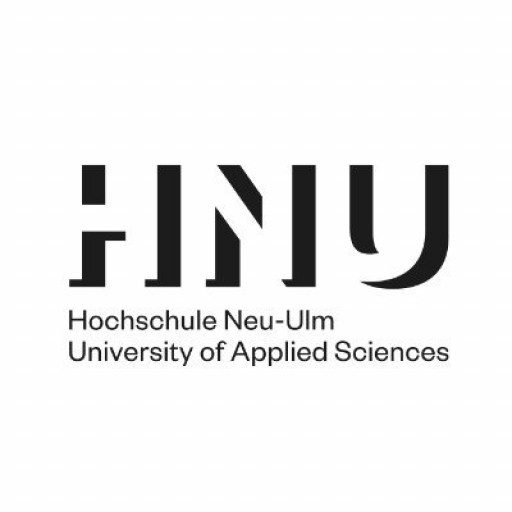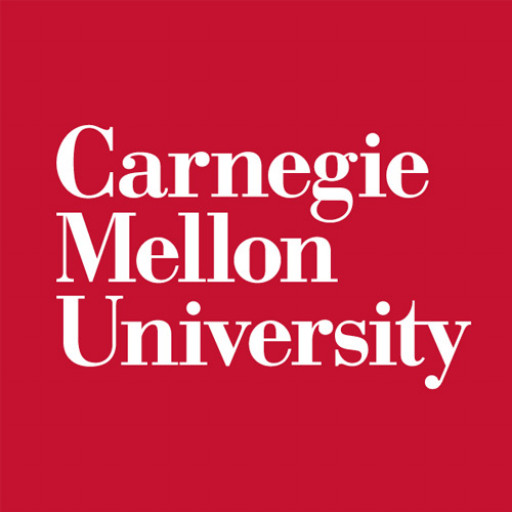Photos of university
Intelligent Systems at Bielefeld University is an interdisciplinary Master's degree program designed to equip students with a comprehensive understanding of advanced concepts and techniques in artificial intelligence, machine learning, data analysis, and computational modeling. This program emphasizes both theoretical foundations and practical applications, preparing graduates for dynamic careers in research, industry, and technological development. Students will explore a wide range of topics, including natural language processing, computer vision, robotics, intelligent data analysis, and decision-making systems, fostering the ability to develop innovative solutions for complex real-world problems.
The curriculum integrates coursework, project work, and research components, allowing students to gain hands-on experience in designing and implementing intelligent systems. Through close collaboration with faculty members who are experts in various fields of AI and related disciplines, students will have opportunities to participate in cutting-edge research projects and to engage with emerging trends in intelligent systems technology. The program emphasizes a rigorous analytical approach combined with practical skills, ensuring graduates are well-prepared for the challenges of today’s technology-driven landscape.
Bielefeld University is renowned for its strong emphasis on interdisciplinary research, and this is reflected in the Intelligent Systems curriculum, which combines insights from computer science, engineering, cognitive science, and mathematics. The program also fosters skills in problem-solving, critical thinking, and teamwork, essential for successful careers in academia and industry. Graduates of this program will be equipped to develop intelligent solutions across various sectors, including automation, healthcare, finance, and transportation, contributing to technological innovation and societal progress.
The degree typically takes four semesters to complete and is offered in English, making it accessible to international students. Students benefit from the university's modern infrastructure, vibrant academic community, and strong network of industry partners. Upon graduation, students often pursue careers as AI specialists, data scientists, software engineers, research scientists, or continue their academic journey through doctoral studies. The Intelligent Systems program at Bielefeld University provides a thorough, multidisciplinary education designed to foster innovation, research excellence, and professional development in the rapidly evolving field of artificial intelligence.
Educational organisation
- First semester
- foundations
- Advanced Intelligent Systems
- Interdisciplinary and Cognitive Foundations
- Second semester
- foundations
- Advanced Intelligent Systems
- Interdisciplinary and Cognitive Foundations
- Basic Project Intelligent Systems
- Third semester
- project
- Advanced Intelligent Systems
- Interdisciplinary and Cognitive Foundations
- individual choice
- Fourth semester
- Master's thesis
To allow for individual specialisation of the study programme, students can choose appropriate modules from the subjects "Basic Addition", "Advanced Intelligent Systems", and "Interdisciplinary and Cognition Basics". During the second semester, the module "Basic Project Intelligent Systems" should be taken. Within this module, two practical projects have to be conducted (containing 5 CP respectively) and should mainly be carried out independently by the student. At least one project is done in a team consisting of more than two students. In the project module of the third semester, students expand their practical skills necessary for the design of intelligent cognitive systems. They practice and develop the skills necessary for planning and carrying out projects on their own. The Master's thesis provides students with the opportunity to investigate a scientific problem and to develop an appropriate approach independently. They gain skills necessary for the planning, implementation, and evaluation of experiments as well as documenting results in line with scientific practice.
Forms of assessment
Written and oral exams, projects, presentations, papersCourse objectives
The aim of the Master's programme Intelligent Systems is to convey knowledge and skills that enable students to analyse, design, and develop complex cognitive systems. Students are guided to work increasingly independently following scientific principles and methodologies. The programme is explicitly designed to convey practical skills and abilities.Language requirements
Proficiency in English is verified by a language test (TOEFL iBT) with a minimum of 87 points or TELC English with a minimum grade of B2.Academic requirements
Bachelor's degree (or equivalent) in informatics40 ECTS in computer science foundations
30 ECTS in computer science subjects related to Intelligent Systems
Enrolment fees
Currently approx. 270 EUR per semester, including a ticket for public transport in the city of Bielefeld and the whole state of North Rhine-WestphaliaCosts of living
The following monthly costs can be expected: the rent in a student hall of residence, in private halls, rooms, or flats amounts to about 300 EUR per month; health insurance is about 80 EUR per month; and a meal in the students' canteen (Mensa) costs less than 3 EUR. According to lifestyle, about 150 EUR per month can be expected to be spent on food. So the cost of living amounts to approx. 670 EUR monthly, i.e. some 8,000 EUR per year.Job opportunities
Basically, international students are allowed to work parallel to their studies for 120 full days or 240 half days per year without a work permit once they have successfully completed preparations for their studies and started a course.A limited number of jobs are available at the university; however, jobs for students can also be found in companies in and around Bielefeld.
Funding opportunities within the university
The university society "Westfälisch-Lippische Universitätsgesellschaft" awards some partial stipends for excellent international Master's students.Arrival support
Personal mentoring programmes as well as several welcoming services are offered by the International Office. Additionally, the International Office organises introduction days for all international students and provides individual counselling.See: http://www.uni-bielefeld.de/(en)/International/Students/brother-sister
Services and support for international students
In addition to many services and facilities available to all students, the International Office offers a wide range of special services helping you to adjust to your new surroundings and provides you with continuing support that will enhance your learning.At the beginning of each semester, a leisure day programme with a variety of activities is published to which all international students are invited: day excursions, weekend trips, journeys taking several days and evening meetings in the international contact centre.
The PunktUm project offers interdisciplinary assistance for the acquirement of basic academic skills to international students. Project offers are composed of individual advice, workshops and courses on the following contents: academic writing, oral study achievements, and scientific language for subject-related and interdisciplinary use. Bielefeld University's Brother-Sister Programme is a personal tutoring programme for all foreign freshmen and participants of the German language courses. Students of all semesters and fields of study support students new to Bielefeld during their first semester in dealing with organisational difficulties and other new situations.
In 1985, the Society for the Support for International Students was founded with the purpose to support international students and scholars/scientists of the Bielefeld academies and encourage new contacts and relationships to the people of the region.
Accommodation
In Bielefeld, a broad range of accommodation options can be found at affordable prices.There are 17 halls of residence run by the public "Studentenwerk" and private organisations. Additionally, single apartments as well as rooms in shared flats with other students are available. The rent for a room in Bielefeld amounts to about 180 to 300 EUR per month. The International Office supports students who are searching for accommodation.









